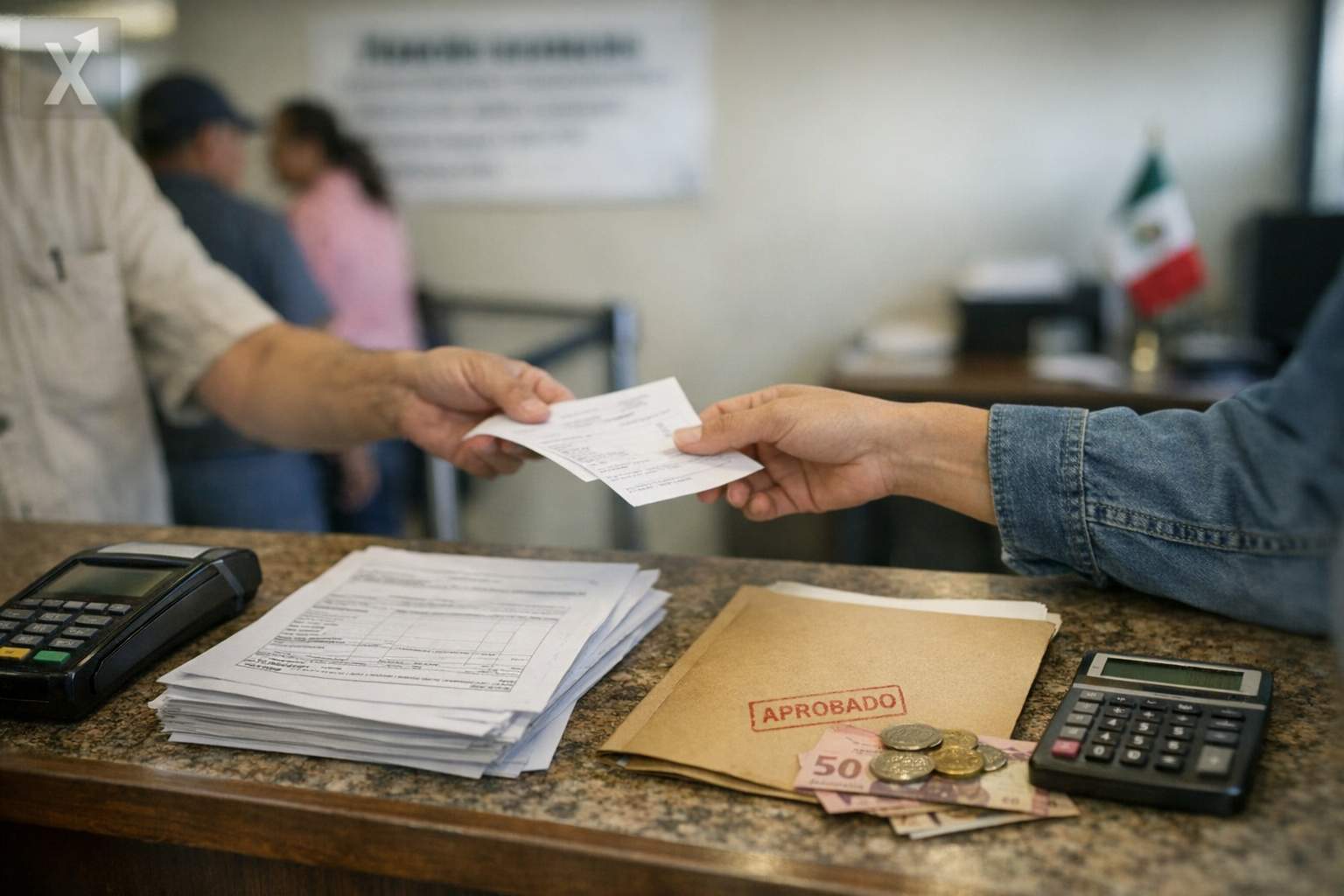Minimum Wage Increase: What to Expect for 2025?

Workers in Mexico are eagerly awaiting the announcement regarding the increase to the minimum wage for 2025, which will be revealed in the coming weeks. President Claudia Sheinbaum Pardo has already shared her views on the issue. Here are the most relevant details.
What has the president said about the minimum wage increase in 2025?In her press conference on October 3rd, the head of government addressed the issue of minimum wage, recalling her goal of reaching 2.5 basic baskets by the end of her term, which implies an approximate annual increase of 12% in the minimum wage. “It’s important for us to meet with business owners and labor representatives to ensure that the minimum wage continues to rise. Our goal is for each minimum wage to reach 2.5 basic baskets, when it’s currently at 1.6. We're working with economists to ensure this doesn’t impact inflation. This would mean a salary increase of around 12% for next year and so on,” Sheinbaum stated. The National Commission on Minimum Wages (Conasami) is the institution responsible for announcing the minimum wage increase for 2025, although the declaration of constitutionality has not yet been approved. On October 9th, the Senate passed a reform to Article 123 of the Constitution to guarantee that minimum and professional wages do not fall below inflation. This reform was one of the 20 proposals put forward by Andrés Manuel López Obrador during his presidency. Currently, the daily minimum wage is 248.93 pesos and 374.89 pesos in the Northern Border Free Zone. A 12% increase would mean an increase of 29.87 pesos and 44.98 pesos, respectively. If this measure is published in the Official Gazette of the Federation (DOF), the new minimum wage for next year would be 278.80 pesos per day, while in the Northern Border Free Zone it would be 419.87 pesos per day. However, this adjustment requires the support of both business owners and workers.
It is essential to closely follow this process, as the increase in minimum wage not only affects workers but also has repercussions on the overall economy, such as inflation and the purchasing power of the population. A well-planned and mutually agreed increase can benefit everyone, promoting a virtuous cycle in the national economy.






